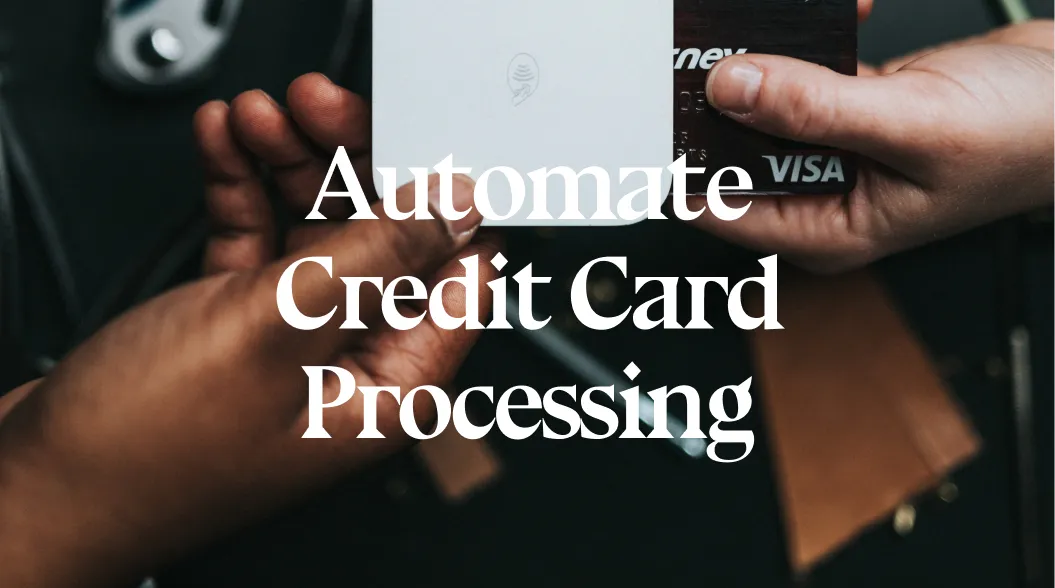As rightly pointed out by Willcocks and Lacity (2016), Robotic Process Automation and cognitive automation has the potential to be very disruptive of the more conventional people-centric outsourcing model that offshore outsourcing vendors and captive centers were based on.
With slobalization and culture change, enterprises today strive for maximum productivity. Industries have to make significant investments in disruptive technologies and evolve to survive amidst tough competition, the pressure to optimize costs, scarcity of skilled resources, and most importantly, satisfy all of the customers with negative reviews going viral on social media platforms overnight.
There are 5,00,000 applications for credit card per day (US consumers), according to the CFPB Consumer Credit Card Market Study. Online payments have grown by ~64% between the years 2013-2017, according to US Census Bureau News 2017. With the average consumer using more than one card at a time and online payments growing four times faster than retail payments, the credit card market is booming, and with it comes an enormous amount of data.
Here’s how RPA simplifies credit card processing with a high level of accuracy and compliance under minutes.
Application Processing:
In the first stage of credit card processing, i.e., data collection, RPA automates the KYC process including Anti Money Laundering compliances and other checks, gives a scoring to the applicant after assessing the risks, and employs decision making with Artificial Intelligence. With automated interfaces and underwriting processes, it also manages the documentation and workflow.
Personalization:
Upon approval, the card is personalized, delivered, and activated automatically with straight-through processing. Referral handling through auto dialler for customer and issuer contacts and authorization is also carried out.
Transaction clearing and settlement:
Exception handling, verification of the charges levied by the bank, reviewing, updating, and re-process validation of failed records are the various processes optimized by RPA.
Monitoring:
RPA identifies the delinquent accounts, blocks card in the case of suspicious activities and alerts the customer service representatives, tracks collaterals, and secures the transaction. It also monitors and manages the collection agencies.
Customer Service:
RPA can register and process a complaint made by the customer and offers transaction alerts, offers, rewards, and other event-based periodic communications, like a customized New Year or birthday greeting. It can also cross-sell through automatic telemarketing and analyzes customer behavior.
Merchant and Partner Management:
The applications of RPA in credit card processing are wide-stretching. PoS testing, certification, activation-deactivation, settlement, and reconciliation is carried out for merchants and partners.
Subscribe to our newsletter
Get the latest updates from our team delivered directly to your inbox.
Related Posts
3 Genius ways to use RPA in your organization
RPA can help your organization handle data 10x times better. Read to explore the different ways.
9 Key Business Benefits of RPA
RPA, the next evolution of business operations provides huge benefits to enterprises by automating their manual and repetitive tasks, enabling humans to work on creative and logical tasks
A Guide to Extracting Multiple Tables from Web Page with UiPath
Data scraping is transforming the world with its applications. Digital businesses, Marketing and researchers are highly benefited by data scarping. Here is how to extract multiple tables from single webpage using Uipath.
